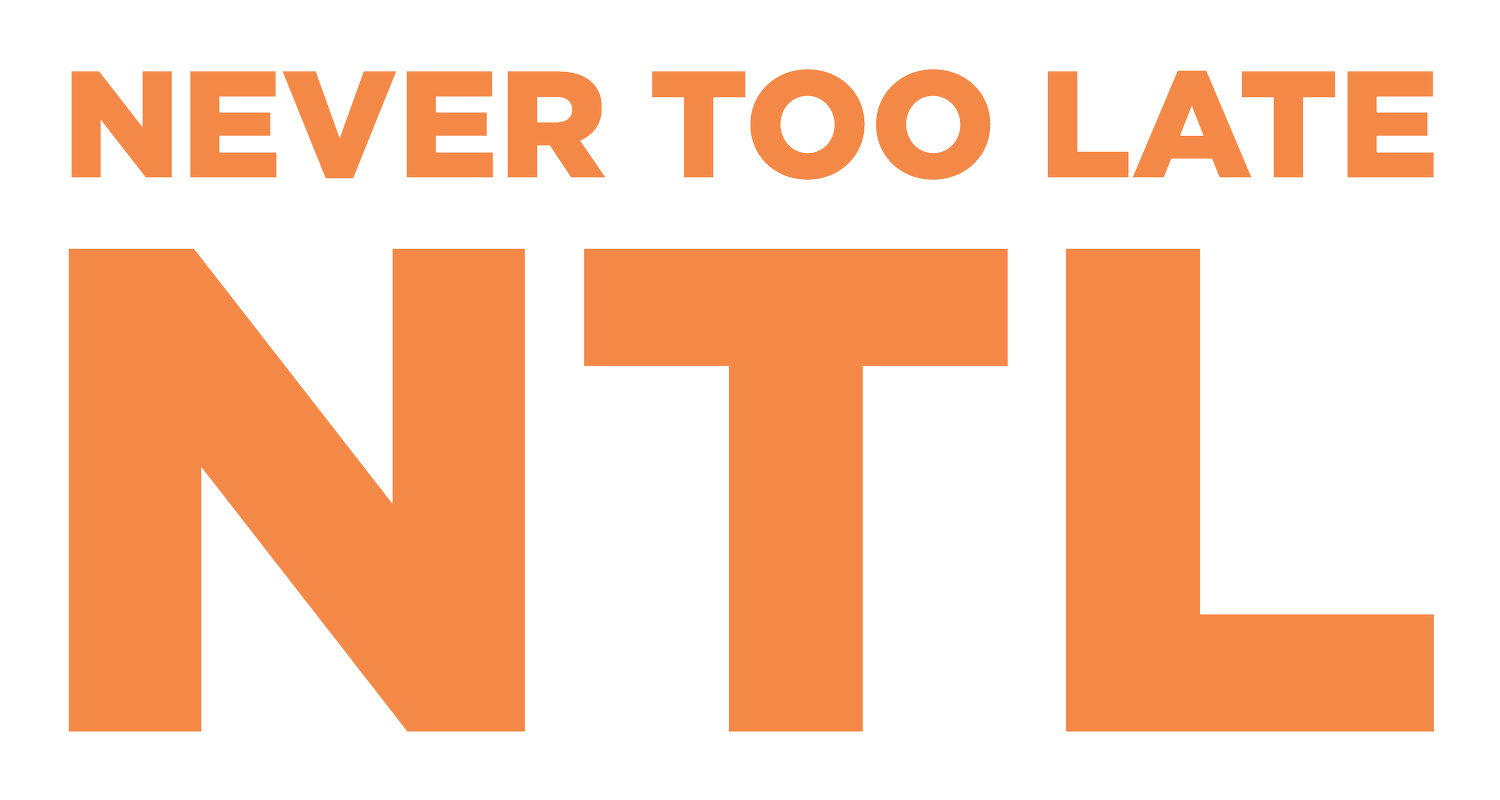Listening to Our Inner Child
Written by Wendy Hayes, Lived Expert
At 32, I used my mom’s relapse as an opportunity to take my power back.
I was apprehended and placed into foster care when I was 13 years old due to my mother’s struggles with addiction and mental health. When you are in the system, you may be able to have visiting “privileges”. Usually this looks like a social worker supervised visit at the office of the apprehending children/family services agency.
For those where drug use is what challenged the family, visiting parents/relatives are expected to adhere to drug testing to maintain visiting privileges. Visits get cancelled when a test shows that drug use has occurred.
For 12 years of my life – if was just me and my mom. I adored her, she was my entire world. Sure, I was angry at her that we had been separated due to her drug use and it would take me many years to understand addiction deeply (check out Gabor Mate’s work) but at that time I often blamed her. Despite that, she was still everything to me, and being taken from her care and away from the home I knew was devastating to me.
I was unhappy in my foster home, knowing that I did not truly belong there and was an appendage that had been messily grafted onto a family that didn’t really want me. Despite my anger at my mom, I looked forward to my weekly visits like someone who can’t breathe clings to an oxygen mask. Seeing her once a week was a lifeline.
The child/family service agency would cancel visits when my mom’s drug screen would show that she had used. Every single visit cancellation was a devastating blow, it was a significant trigger for the self-harm I had been practicing at the time. So many emotions would well up each time: hurt, disappointment, anger at my mom, anger at the system, anger at the messenger (whoever’s job it was to tell me), sadness.
The destabilizing feeling beneath it all, the undercurrent of my entire experience in the system was an overwhelming sense of powerlessness.
Why was I the one being punished with a visit cancellation when I had done nothing wrong? Why was I the one suffering because the adults around me were struggling?
Once someone struggles with addiction, it becomes part of who they are. The stories of addiction that resonate most strongly with me are the ones that name sobriety as a lifetime and ongoing practice rather than an achieved state of being.
Relapses are normal. Relapses happen. Relapses do not erase the hours, days, weeks, and years that one fights to stay sober. The idea of needing to “start again” as if all that hard work has been washed away by an expected and normal part of a sobriety journey discomforts me and I don’t buy into it.
At 32, it’s been 5 years since my mom last used. Over the years, there have been relapses and each time they come with an overwhelming storm of emotions. I may no longer be that powerless young kid – but I can feel that wounded child inside me when relapses happen.
So, when my mom called me to tell me that she had relapsed, I texted my Human.
“My mom called to tell me she relapsed yesterday and every time it still makes me feel like that kid whose visit is going to get cancelled.”
My Human asks if this is the first relapse.
“No! She has many times over the years, and I know she will pull through. Less worry for the future and more ‘oh that wounded child is still in here feelings’.”
Then my Human asked me a powerful question: “I wonder what you could do today to reassure and acknowledge her, that wounded child?”
Queue 32-year-old Wendy sitting on the floor in the kitchen, hugging knees to chest and crying. But when I asked myself and that younger kid, my whole body answered.
“I want to see my mom.”
So, I immediately coordinated getting my mom a ride to my place so we could spend the day together. And little Wendy got some of her power back. We watched one of my favourite movies, Lilo and Stitch, and just spent time together.
Listening to the unmet needs of the hurt child inside ourselves can sometimes provide pathways to powerful healing moments. Not everyone will have the kind of relationship with original family members where something like this is possible, but there are also many pathways to healing. I share this experience not because I think this is a map for the “what” to do, but an example of the “how” we can do healing.
With Mother’s Day coming up, many of us will be experiencing a confusing mess of emotions: joy, pride, shame, hurt, confusion, anger. Maybe one thing we can do for ourselves and for our lived experts is ask what that wounded child inside of us needs to heal.
Biography
Wendy Hayes is a Lived Expert in child protection, adoption and permanency. They are a caregiver to their younger sibling, in contact with their family of origin, estranged from their adoptive parents and connected to a Human through Never Too Late.
